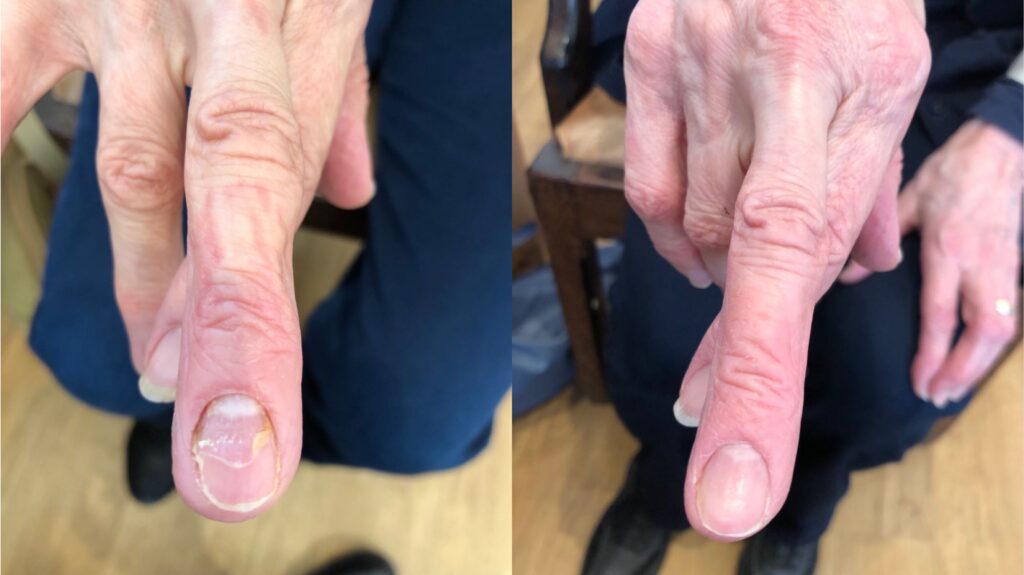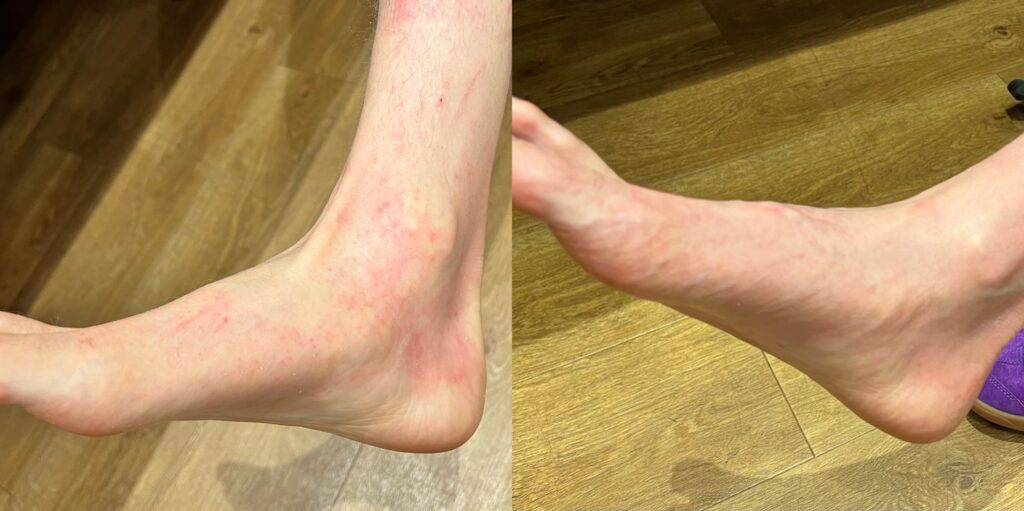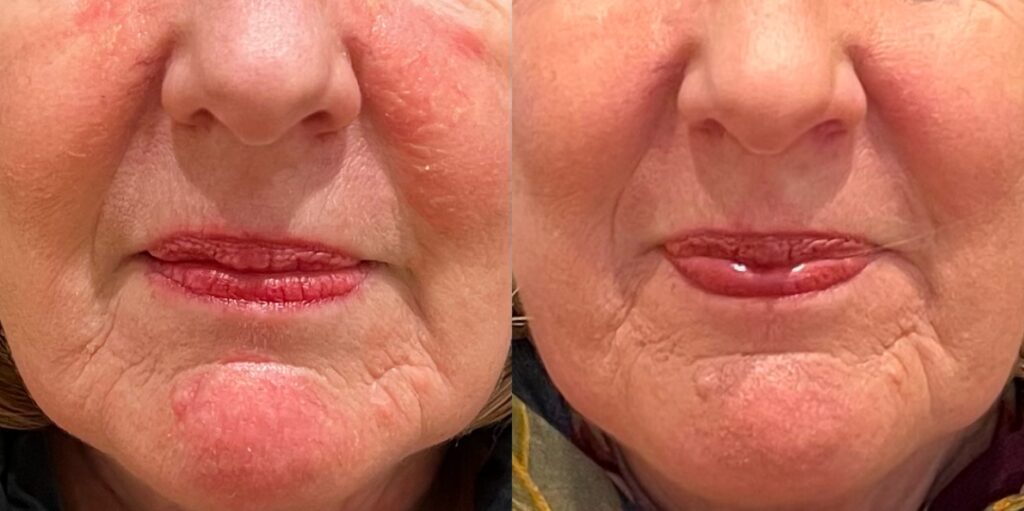We are experienced acupuncturists in Sale, south Manchester and Stockport. We can assist you with fertility, IVF, digestion, pain and more.
Acupuncture & Herbs for Skin Conditions in Stockport and Manchester
90 years have passed since dermatologists John H. Stokes and Donald M. Pillsbury first proposed a gastrointestinal mechanism for the overlap between depression, anxiety and skin conditions such as acne. Stokes and Pillsbury hypothesized that emotional states might alter the normal intestinal microflora, increase intestinal permeability and contribute to systemic inflammation.1 Many aspects of this gut-brain-skin unifying theory have recently been validated.
In 1981, Teitelman published results suggesting that peptide-containing cells in skin, brain and gut are linked by a common embryonic origin, which indicates the linkage of the brain-skin-gut axis.2
Psychological stress can aggravate a variety of skin diseases, particularly autoimmune skin disease, such as atopic dermatitis, psoriasis, seborrheic eczema, nodular prurigo, lichen planus, chronic urticaria, alopecia areata and pruritus sine material etc.
Moreover, not only can intestinal microbiome affect the occurrence of skin diseases, but emotional stress and intestinal microbiome can also reflect the health status of the skin.
Recent studies have shown the gut-brain axis is a two-way communication via neural, endocrine, and immune pathways.3 The ability of the intestinal microflora to influence systemic inflammation, oxidative stress, glycemic control, tissue lipid content and even mood itself, may have important implications in skin conditions.4
Gut-brain-skin axis plays an important role in maintaining skin health. It can be influenced by anything that affects gut, brain and skin, individually or collectively, such as diet, sun exposure, age, stress, medication, environment, etc.
In Chinese medicine, Heart has three-fold meanings, 1) cardiovascular system, 2) part of digestive system, 3) central nerve system, mental and emotion part. Zuowen sees gut-brain-skin axis closely relates to Heart. Huang Di Nei Jing Su Wen says, ‘All pain (diseases with) itch and sores, without exception they are associated with the heart. 诸痛疮疡,皆属于心.’ Focused on Heart, tailored to individual constitution, Zuowen’s skin condition strategy combines herbs, acupuncture, diet and exercise. Many skin issues, such as sore, itch, skin lesions, etc, have been successfully resolved or controlled as a result.
1. Stokes JH, Pillsbury DH: The effect on the skin of emotional and nervous states: theoretical and practical consideration of a gastrointestinal mechanism. Arch Dermatol Syphilol. 1930, 22: 962-93.
2. Teitelman G, Joh T H, Reis D J. Linkage of the brain-skin-gut axis: Islet cells originate from dopaminergic precursors. Peptides, 1981, 2 (Suppl. 2): 157–168.
3. Carabotti M, Scirocco A, Maselli M A, et al. The gut-brain axis: Interactions between enteric microbiota, central and enteric nervous systems. Ann Gastroenterol Q Publ Hell Soc Gastroenterol, 2015, 28: 203–209.
4. Bowe W P, Logan A C. Acne vulgaris, probiotics and the gut-brain-skin axis—back to the future? Gut Pathog, 2011, 3: 1–11.






